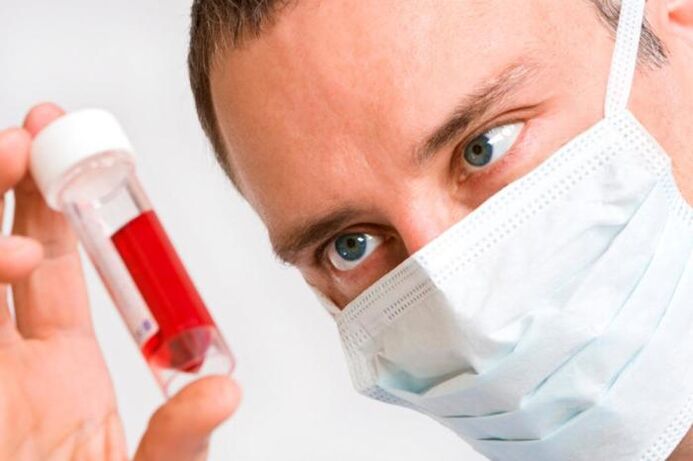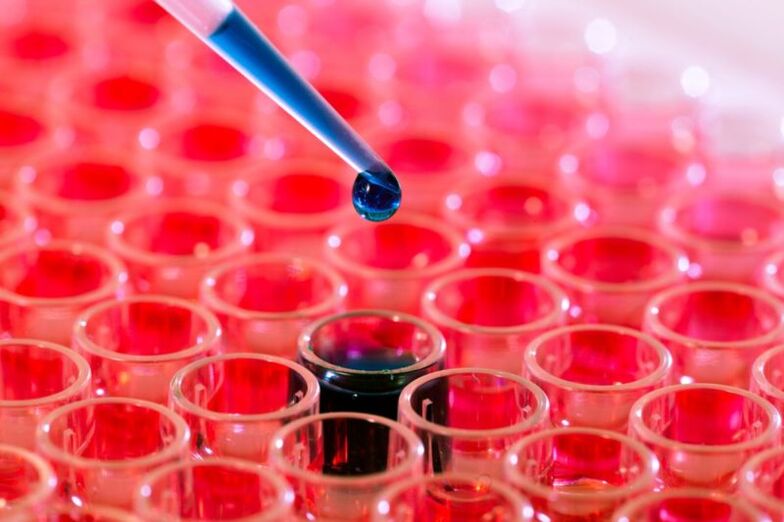
People are lured to drink alcohol before donating blood, what foods are allowed to eat before going to the hospital?
In order for the results of the medical examination not to be biased and to correspond to reality, it is necessary to adhere to a number of rules that doctors usually give to patients. One of the most important requirements before a blood test is that there is no ethanol in it.
How can alcohol affect?
Does alcohol affect blood tests and how to properly prepare for the test? A blood test is one of the most important steps, it allows you to assess the general condition of your body and make an accurate diagnosis, therefore, properly prepare for blood sampling and follow all recommendations. The recommendation of the attending physician is a very important step. affect results, and should be taken seriously. The patient's recovery rate, the treatment methods that the doctor directly prescribes depends on the research results. Therefore, the question of whether to donate blood after drinking alcohol or drinking beer before donating blood needs a clear answer. Do not drink alcohol before donating blood.
Usually, the specialist will warn the patient that blood should be drawn on an empty stomach, and even should not drink coffee and tea. However, some patients do not always follow the recommendations and may drink beer or other types of alcohol before the tests.

How does ethyl alcohol get into the blood? It causes chemical changes and has various effects on the body:
- there is a decrease in glucose levels - affects blood sugar;
- uric acid content increases;
- the concentration of lactate in the blood plasma increases;
- Some other chemicals in the blood and urine also change.
Drinking alcohol can skew test results quite dramatically, and in the best case scenario, you'll have to spend time retaking the test. Alcohol also affects urinalysis.
How to prepare for the test should be conducted
What foods and drinks should not be drunk before donating blood?

Experts specifically recommend the following points to prepare for the study. The person who is about to pass the test should know them:
- limit alcohol intake 48, and ideally 72 hours before a blood donation;
- if a person drinks alcohol before the analysis (even accidentally), then the hospital visit should be refused and postponed to a later date;
- there are studies to completely ban alcohol use (including testing for hepatitis, HIV, diabetes, testing for calcium, magnesium, phosphorus and some hormones);
- the day before visiting the clinic, the use of sugar (and all foods containing sugar), as well as fried, spicy and fatty foods is prohibited - this can adversely affect the test;
- you should try to avoid stressful situations - you know about their negative impact on the results of the analysis;
- Limit smoking 1-2 hours before donating blood.
Sugar analysis and the effect of alcohol on its results
It is strictly forbidden to use drinks and preparations containing ethanol when testing sugar. This is especially true in diabetes. The problem is that alcohol affects the liver. As a result, ethanol breakdown products pass into the blood and urine, completely falsifying the study results. The ethyl alcohol molecule actively participates in the body's metabolism, resulting in the formation of glucose. Hence the distortion of the result arises.
In addition to affecting the liver, ethanol can chemically react with medical devices, creating foreign chemicals that adversely affect research.

Ethanol can significantly lower blood glucose levels for a while, as it interferes with the production of glucose in the liver. For this reason, a false suspicion of diabetes may arise.
If you don't want to waste time and money passing the test, carefully read the rules of preparation and completely exclude alcohol from your diet - even those that contain a minimum amount of alcohol. minimize ethanol, as they are not the best. affect the reliability of the results.
In some cases, a person is sent to research spontaneously, without prior preparation. This can happen, for example, in the workplace, when management suspects that an employee has been drinking alcohol at work and the employee may be referred to a medical facility for testing. prevent injuries in the workplace. In these cases, a urine alcohol test may also be performed.
In some enterprises, employees must have a health check before taking over the workplace. Typically these are businesses in which workers are responsible for human life or operating equipment that can lead to serious consequences if not operated properly.
Such tests do not require special training - only biological material sampling is performed. A blood alcohol level of 0. 2 ppm is considered harmful to the body, and 0. 5 ppm is a lethal dose.


























